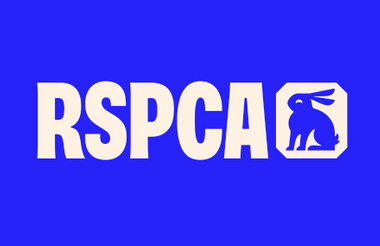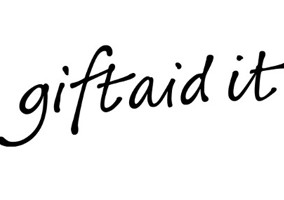RSPCA is planning to roll out gift aid for its mobile-giving supporters later this year after a successful telephone campaign.
Phoebe Cooper, marketing manager, donor development, at RSPCA, told delegates at last week’s Charity Finance Group conference that the charity created the campaign to improve opt-in rates.
Cooper said the annual campaign, which was launched in 2021, has resulted in hundreds of thousands of pounds in incremental gift aid income.
“We’re planning to roll out gift aid for our mobile giving supporters later this year, and are continually testing new ways to communicate,” she said.
“Ultimately, we’re just trying to ensure we’re maximising the potential of every pound donated.”
Amplifying gift aid
Following an internal investigation in 2021, RSPCA discovered that £1m in gift aid went unclaimed in 2020.
In May 2021, less than 60% of the charity’s active supporters giving in gift aid eligible ways had ticked the gift aid box.
“We had tried email and direct mail activities in the past to reach eligible supporters with no active gift aid declaration,” Cooper said.
“However, response rates for each channel were very low, around 1% for direct mail and email individually.”
RSPCA looked at how it could raise awareness and facilitate easier access to information, and launched a gift aid telephone initiative and revamped its gift aid page among other things.
Cooper said: “We designed our new activity to focus on updating our supporter records, ensuring the accuracy of our data.
“The calling went live in line with gift aid awareness day in October 2021. We focused on explaining gift aid to our supporters as clearly and concisely as possible and didn’t ask for any donations.
“The goal was to update our supporters’ records and see if they’d decided to opt into gift aid or were non-UK taxpayers or not eligible.”
Hundreds of thousands of gift aid income
RSPCA spoke with under 20,000 supporters and was able to update their records accordingly.
Some 90% of all eligible taxpayers the charity spoke with signed up for gift aid, which resulted in the campaign achieving over £230,000 of gift aid income in 2021.
Cooper said: “98.3% of all the claims came via the telephony initiative. Comparatively, those via our digital activity accounted for 1.7% of all claimable gifting declarations.
“As a result of the success of the 2021 gift aid campaign, we decided to make this approach part of our business-as-usual strategy.
“We moved the gift aid calling forward to April to align with the tax year and created content for email and social in October in line with gift aid awareness day.”
RSPCA has now completed its fourth annual calling, and as of January 2024, it had seen an 8% increase in gift aid opt-in rates for eligible, active supporters.
“As of May 2024, the compounding effects of the annual campaigns have resulted in the RSPCA receiving approximately £450,000 in additional income through gift aid alone,” Cooper added.
“We still have plenty of work to do to reach maximum gift aid penetration of our giving base, but we have a wealth of understanding on this quite tricky topic, and are coaching our teams to understand it better.”
Gift aid is a ‘rational decision’
Cooper said that gift aid is “a brilliant tax relief scheme”, which is more than just providing supporters with a tick box exercise on a declaration form.
“It demands insight, innovation and unwavering consistency of communications.
“Gift aid is a system two activity, which requires the brain to engage. From a supporter’s perspective, gift aid is a rational decision.
“Reframing how you as charities approach the marketing side of gift aid through this behavioural economic lens will enable you to improve your supporters experience and take your charities gift aid income to a new height.”
Related articles












